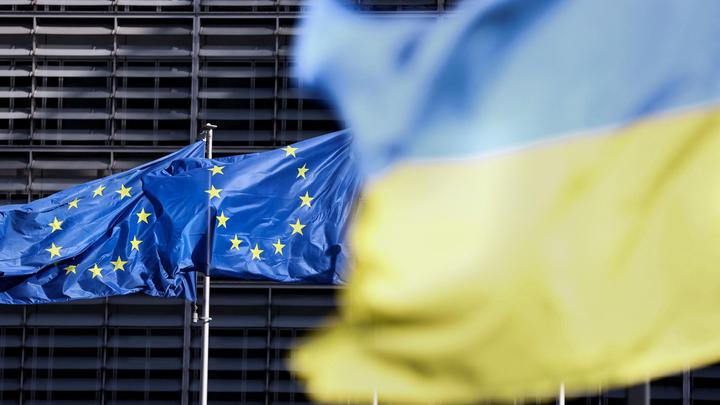Author: Prof. Engr. Zamir Ahmed Awan, Founding Chair GSRRA, Sinologist, Diplomat, Editor, Analyst, Consultant, Advisor, and Non-Resident Fellow of CCG. (E-mail: awanzamir@yahoo.com).
As the conflict in Ukraine continues to wreak havoc, international efforts to find a peaceful resolution are intensifying. The latest Geneva Peace Conference, held on 21 June 2024, and the G-7 Summit in Italy have both focused heavily on the prospects for peace in Ukraine. Despite the concerted efforts, significant differences remain, particularly between the United States and its allies, which complicate the path to a lasting peace.
Geneva Peace Conference Highlights
The Geneva Peace Conference brought together key stakeholders to discuss a roadmap for peace in Ukraine. The conference emphasized the urgent need for a ceasefire, humanitarian aid, and a political dialogue involving all parties directly affected by the conflict. However, a notable absentee from the conference was Russia, whose exclusion has sparked considerable debate. Either Russia was kept outside deliberately and the organizers were not sincere with Ukraine peace and it was an exercise of eye wash merely, or made a blunder unintentionally.
G-7 Summit Discussions
At the G-7 Summit in Italy, Ukraine dominated the agenda. The leaders discussed the ongoing support for Ukraine, the enforcement of sanctions against Russia, and the potential for a diplomatic solution. While there was broad agreement on the need to support Ukraine's sovereignty, sharp differences emerged regarding the approach to peace negotiations. Especially some of close allies and NATO members were of the different opinion.
US and Allied Differences
The United States has maintained a hardline stance, insisting that any peace plan must include Russia's withdrawal from all occupied Ukrainian territories. Conversely, some European nations have advocated for a more flexible approach, suggesting phased withdrawal and security guarantees for both Ukraine and Russia. These differences have created a rift within the alliance, complicating the development of a unified peace strategy.
Russia's Exclusion: Strategic Decision or Blunder?
Russia's exclusion from the Geneva Peace Conference was a deliberate decision by the Western powers, aimed at pressuring Moscow to change its course. However, critics argue that excluding Russia from the peace process might have been a strategic blunder, as it undermines the potential for comprehensive negotiations. Without Russia's participation, any peace agreement may lack legitimacy and enforceability, potentially prolonging the conflict.
The Absence of China
China's absence from the peace efforts is also noteworthy. As a major global power and a proponent of a peaceful resolution, China has previously brokered significant deals, such as the recent peace agreement between Iran and Saudi Arabia. Chinese President Xi Jinping's global peace initiative underscores China's potential role as a mediator. However, China's non-participation in the Ukraine peace process could diminish the prospects for a balanced and inclusive agreement, as its influence could have bridged some of the divides between the West and Russia.
NATO and European Involvement
The active participation of NATO and certain European countries has added layers of complexity to the Ukraine crisis. NATO's involvement is seen by Russia as a direct threat, escalating tensions and increasing the risk of a broader conflict. Russia has even threatened the use of nuclear weapons should NATO become directly involved in the conflict. Additionally, Russia has warned of arming anti-American nations in retaliation for Western weapons supplied to Ukraine being used inside Russian territory.
The Scary Scenario for Europe
The ongoing Ukraine war has created an alarming scenario for Europe, with fears that the conflict could spill over into neighboring countries. The possibility of a broader European war is a nightmarish prospect, raising concerns about widespread devastation, refugee crises, and economic turmoil. Should the conflict escalate further, it could draw in other European nations, either through military alliances or the sheer necessity of defending their borders. The ripple effects could destabilize the entire continent, leading to a humanitarian disaster of unprecedented scale.
Global Implications
The potential for the Ukraine crisis to engulf Europe and extend to other parts of the world, including America, cannot be ignored. An escalation into a full-blown regional or even global war (WWIII) would have catastrophic consequences. The involvement of major world powers, coupled with the risk of nuclear confrontation, presents a scenario where the very fabric of international peace and security could be torn apart. The global economy would suffer immensely, and the political landscape would be irrevocably altered. The stakes are incredibly high, making the pursuit of a diplomatic and peaceful resolution more crucial than ever.
A Path to Peace
The Geneva Peace Conference and the G-7 Summit have highlighted both the challenges and the urgent need for a peaceful resolution in Ukraine. The international community remains divided on the best approach, with significant differences between the US and its allies. The exclusion of Russia and China from the peace process further complicates matters, potentially limiting the effectiveness of any proposed solutions.
Balancing the Western narrative with the Russian perspective, it is clear that a comprehensive and inclusive dialogue involving all key players is essential for achieving lasting peace in Ukraine. The international community must work towards bridging the gaps and addressing the legitimate concerns of all parties to prevent further escalation and to secure a stable and peaceful future for the region.
Unfortunately, today the world has piles of lethal, weapons, including nuclear weapons, enough to eliminate the entire human kind from this earth. If in time preventive measures are not placed, the danger of unimaginable disaster exits.
(ASIA PACIFIC DAILY)
